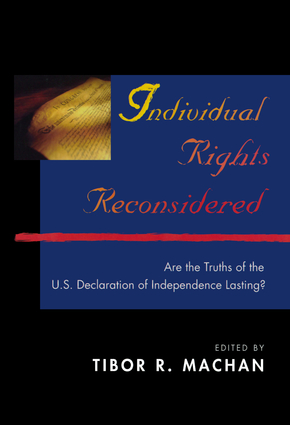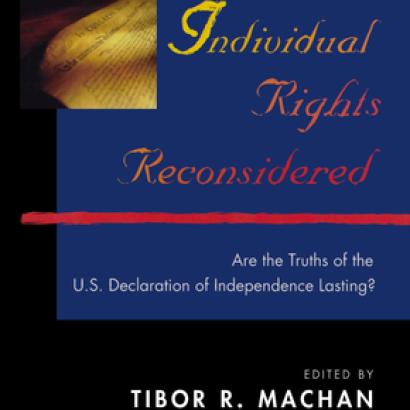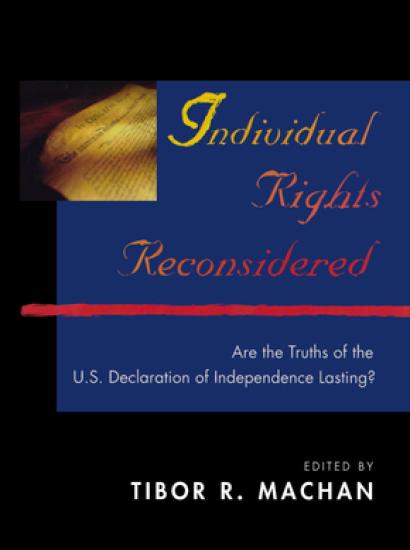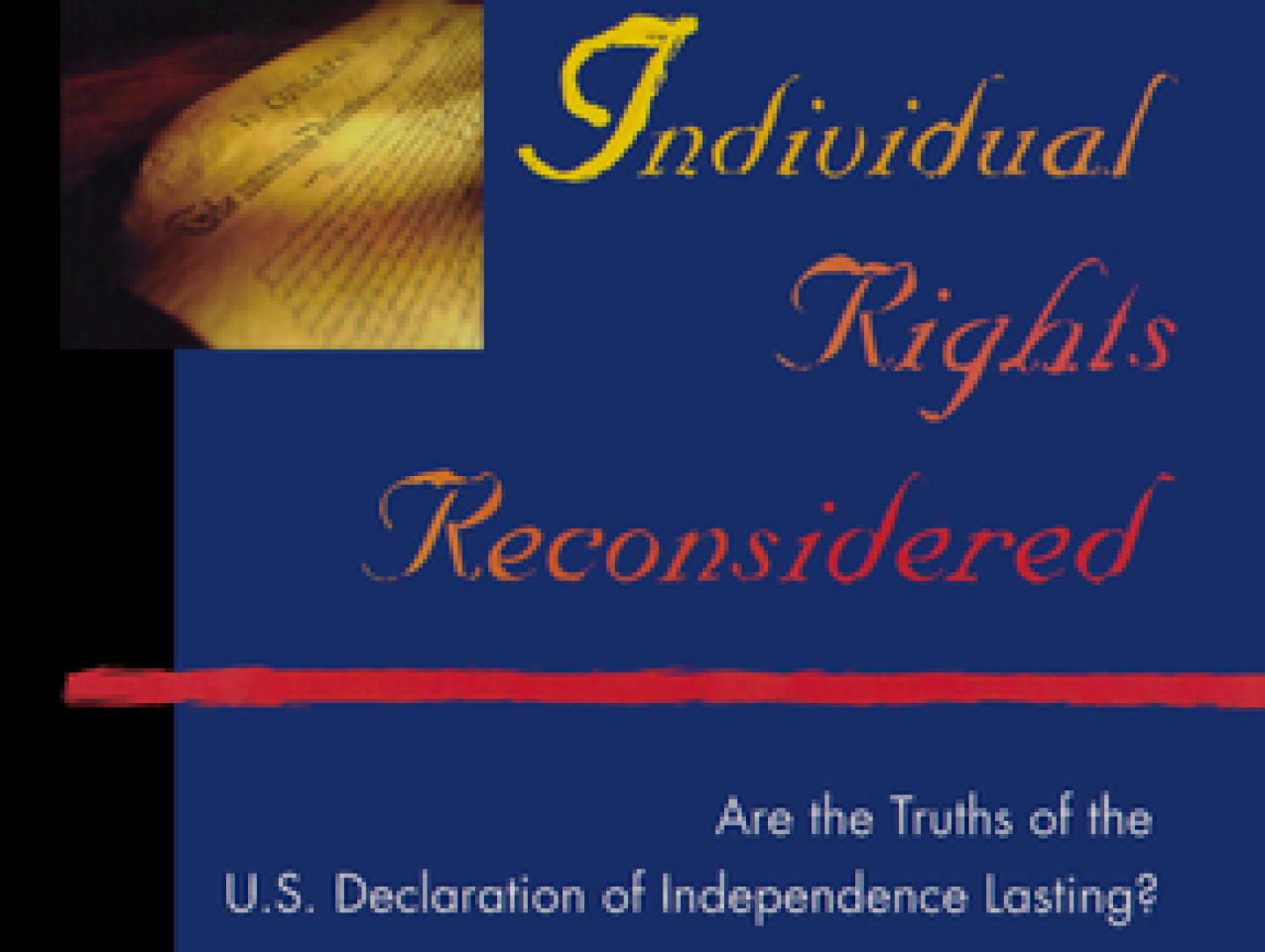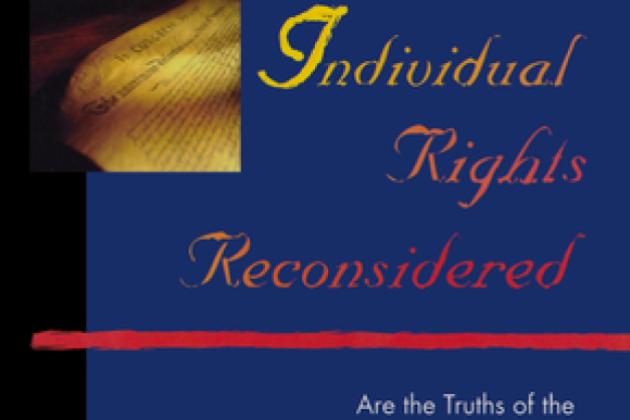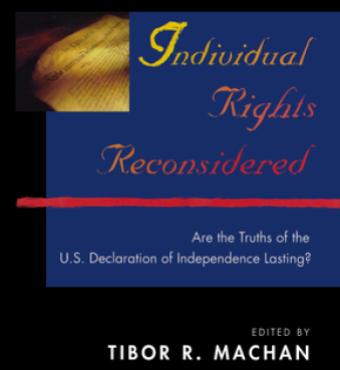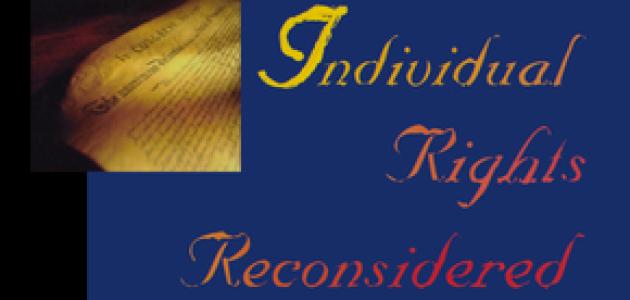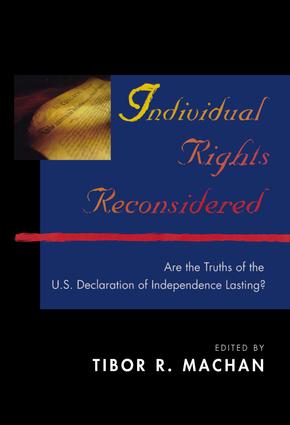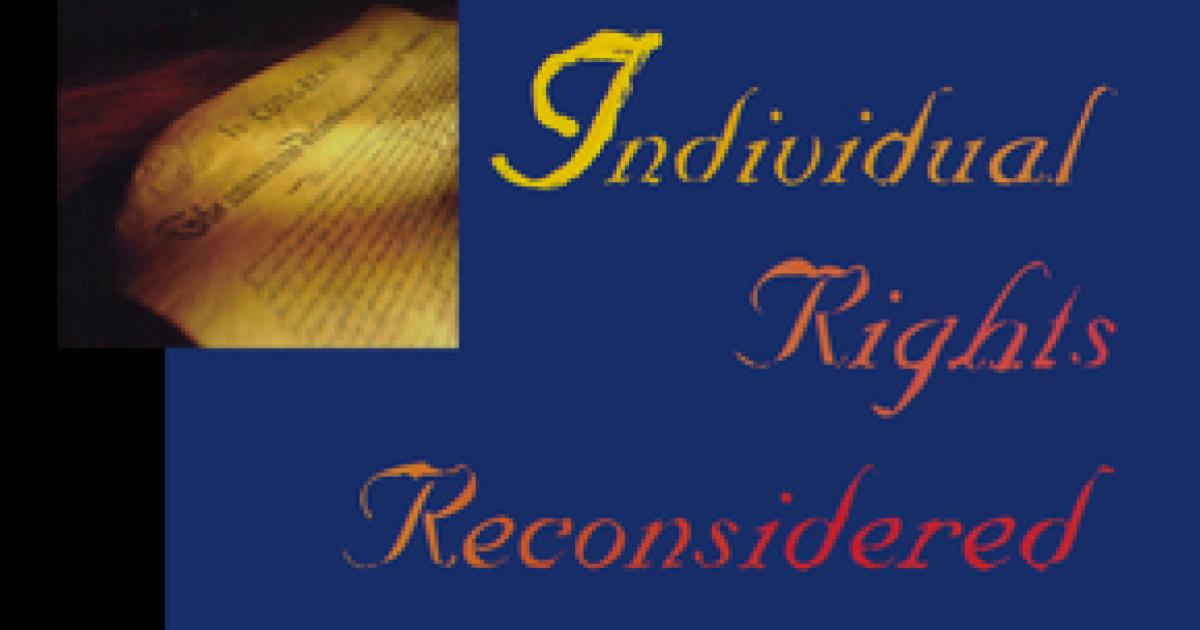- International Affairs
- US Foreign Policy
- History
- US
- Law & Policy
- Civil Rights & Race
The United States was founded on the principles of individual human rights to life, liberty, and the pursuit of happiness. These essays examine whether these principles enjoy universal significance in community life. They discuss the historical and public policy aspects of individual human rights theory and draw implications from the findings advanced. The contributors ask - What does the language of the rights in the Declaration of Independence mean? To the founders? To us? - Are the arguments for these rights sound? - What are the arguments against the reality of such rights? - How can stable human rights accommodate ongoing, almost constant technological change? The essays in this volume reconsider the case of the basic tenets of the U.S. political tradition, outlined in the Declaration of Independence and expressed in much of the U.S. legal system. The authors answer the innumerable criticisms advanced against the political philosophy of natural individual human rights over the last two centuries, criticisms that are now more widely embraced than is that philosophy. Yet the ideas of the Founders—specifically, that every human individual has basic, unalienable rights to life, liberty, and the pursuit of happiness—continue to be well grounded and difficult to reject. The historians, political theorists, and philosophers who reconsider the Founders' principles in this work must be contended with in any future discussion of the issues involved.
Contributors: Ronald Hamowy, Tibor R. Machan, Eric Mack, Tom G. Palmer, and Douglas B. Rasmussen.
Copyright 2001.







